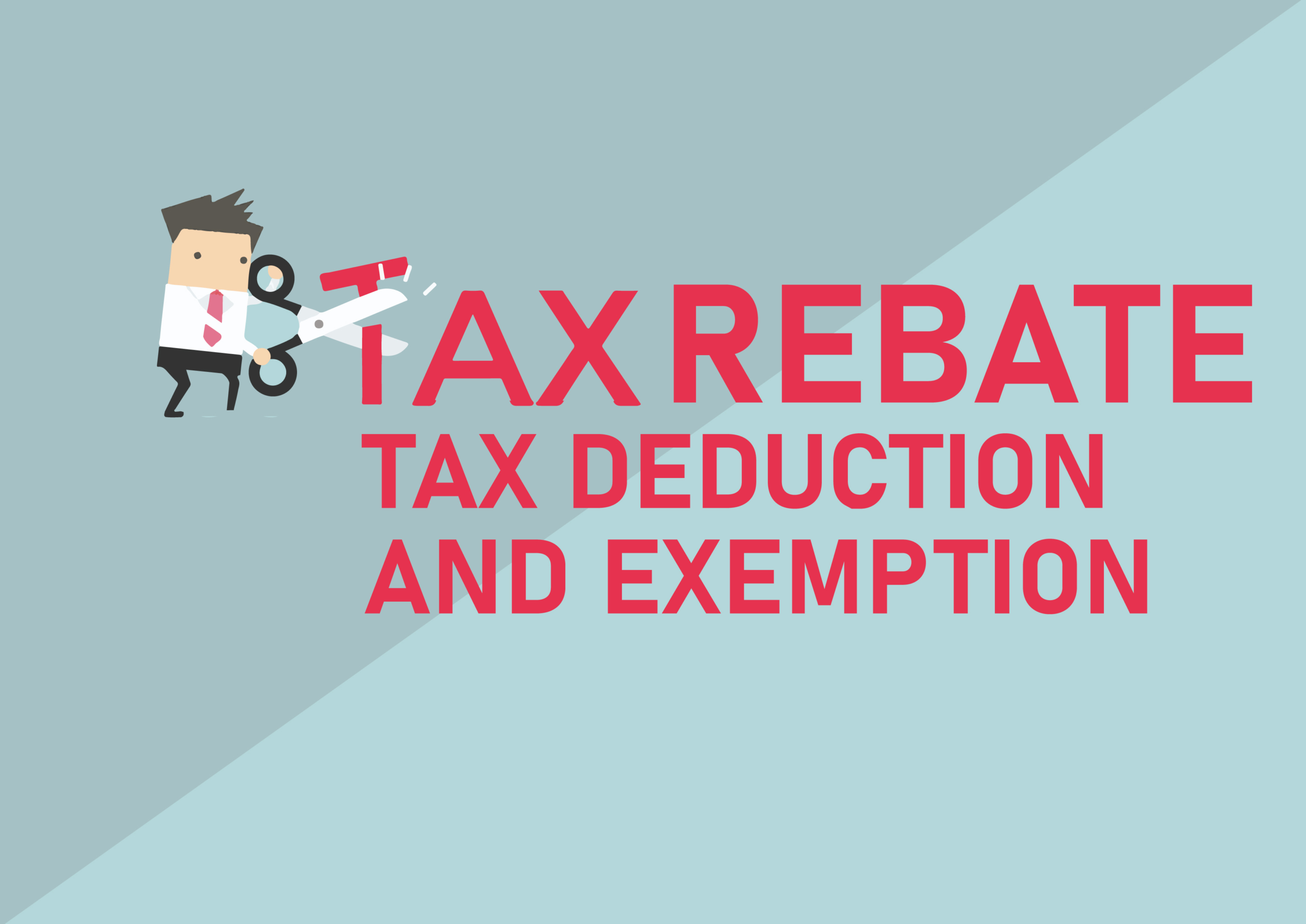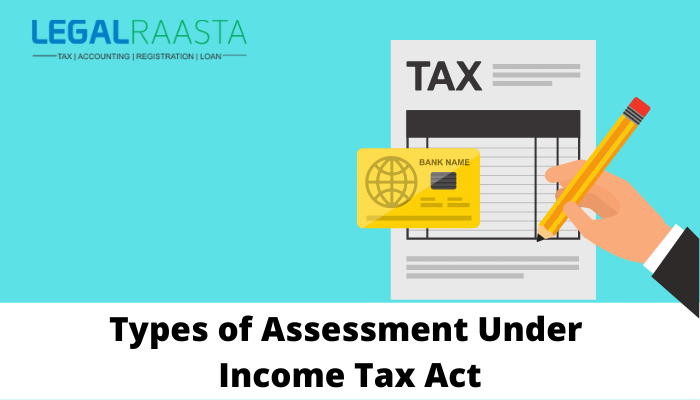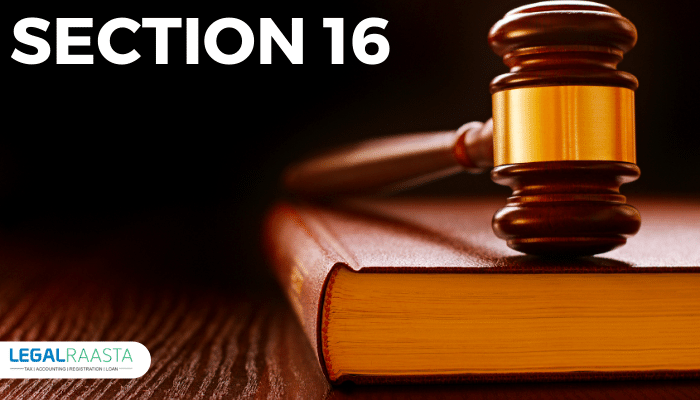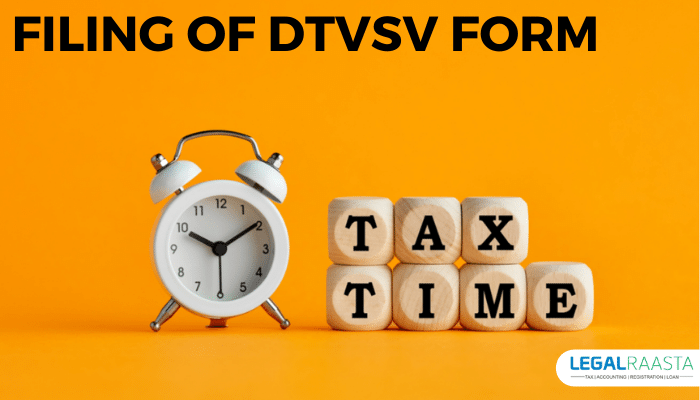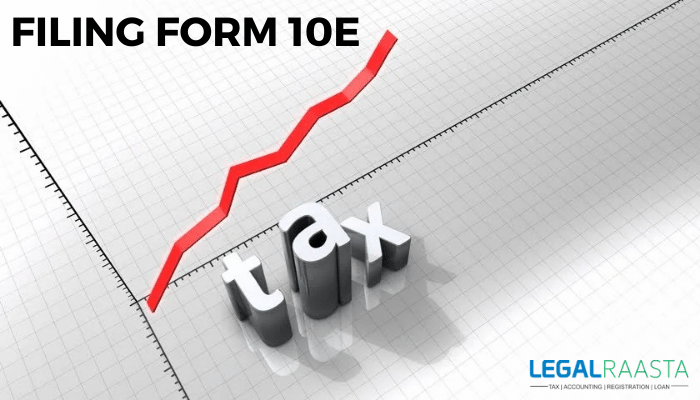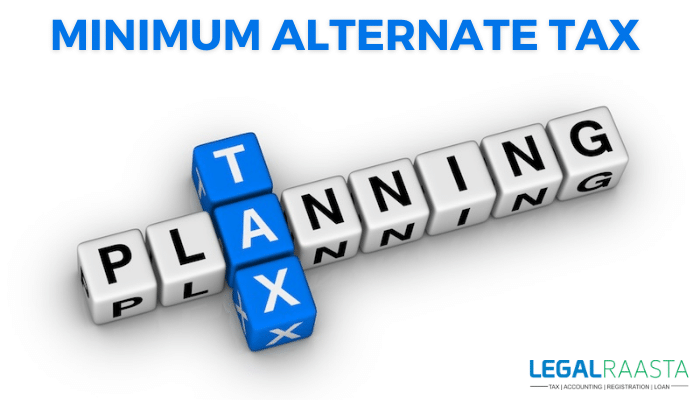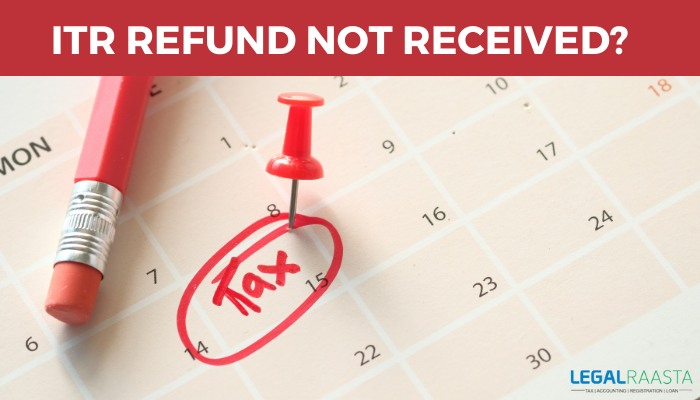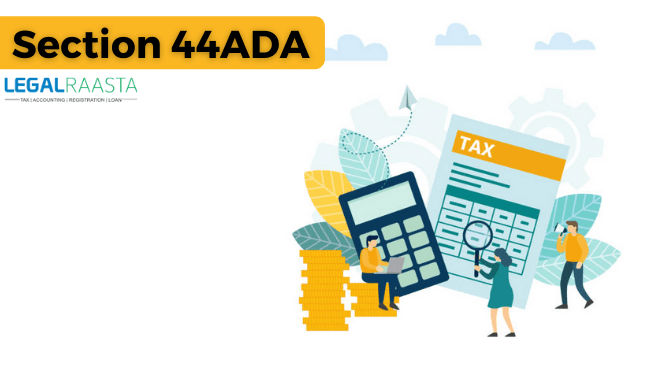Income Tax Rebate under Section 87A
In sequence to acceptably fund its numerous activities, consequences, and responsibilities, the government of a country imposes income tax on its citizens. The taxation structure for this Income Tax Rebate under Section 87A diverges from country to country.
In India, this structure is developing, which signifies that your income tax liability increases in agreement with your yearly income. The soaring a mortal’s income, the greater their share of income tax, and conversely.
Amid this tax system, the government also supplies means of tax reassurance to individuals who fall on the lower end of the income diapason. In this way, the tax system makes sure that these individuals are not definitely encumbered by taxation and can make ends converge with their restricted financial means.
A refund below section 87A is one of the earning tax purveying that obliges taxpayers to lessen their income tax liability. You can assert an income tax return under section 87A if your entire income does not exceed Rs.5 lakh in a financial year. Your income tax liability becomes zero after asserting the refund under section 87A.
What is an Income Tax Rebate?
An income tax rebate can clearly be understood as a form of refunds on taxes that you received from the Income Tax Department under a definite state of affairs. A discrete is responsible to obtain a tax rebate in the event that he or she pays more taxes in a financial year than they are in debt to the government.
In a sequence to assist a tax rebate, you must make sure to precisely enumerate your tax liability and file your tax returns within a particular time session.
Tax Rebate below Section 87A
The rebate below Section 87A was firstly presented in 2013 and has been in consequence for many years, with it being refurbished as recently as 2019. Beneath the latest facilities of Section 87a, any solitary with a yearly taxable income of up to Rs.5 lakhs is appropriate for an income tax refund of Rs.12,500. This actually interprets the reality that individuals with a yearly income lower than Rs.5 lakhs are entirely excepted from income tax and can successfully save income tax in India.
Let’s acknowledge the rebate available below section 87A in detail:
CBDT has issued a circular on 21 May 2021 expanding the agenda for certain direct tax abidance for AY 2021-22.
ITR Filing:
The awaited date for filing ITR by residents not covering under inspection is expanded from 31st July 21 to 30th Sep 21, for Tax inspected cases it is expanded to 30th Nov 2021 and for transferring Prices cases, the due date is expanded to 31st December. The due date to file a Belated or Revised Return is expanded from 31st Dec 2021 to 31st Jan 2022.
Embellishing Audit Report:
The due date to embellish the audit report is expanded to 31st Oct 2021, the audit report for transferring price cases is expanded to 30th Nov 2021.
Union Budget 2021 Renew:
Exception from ITR filing to senior citizens aged around 75 years and above, earning only pension and interest-earning.
Strides to assert a tax rebate below section 87A
- Calculate your flagrant total income for the financial year
- Lessen your tax reductions for tax savings, investments, etc.
- Appear at your total income after deducting the tax reductions.
- File an income tax return proclaiming your gross income and tax reductions.
- Assert a tax rebate below section 87A if your total earning does not exceed Rs.5 lakh.
- The maximum rebate below section 87A for the AY 2020-21 is Rs.2,500.
An instance of the calculation of rebate below section 87A in the case of a solitary who is under 60 years of age for AY 2020-21
| Source of income (FY 2019-20) | Income (Rs) |
| Flagrant total earning | 6,50,000 |
| Less: Reduction* Below section 80C | 1,50,000 |
| Total earning | 5,00,000 |
| Income-tax (@ 5% from Rs.2.5 to 5 lakh) | 12,500 |
| Less: Rebate u/s 87A | 12,500 |
| Tax payable | Nil |
*You can assert reduction below section 80C for tax-saving, 80D for medical insurances, 80CCD for contribution to NPS, 80G for donation, and other reductions to appear at your total income.
Capability to assert rebate u/s 87A:
Here is the benchmark you should fulfill to assist tax rebate under Section 87A in FY 2020-2021:
- You should be a inhabitant individual taxpayer of India.
- Your total yearly taxable earning after appropriate reductions (such as in Section 80) should not exceed Rs.5 lakhs in a financial year.
- You can assist with a tax rebate restricted at Rs.12,500. Consequently, if your total tax payable is lesser than this amount, only such amount is capable of the tax rebate provided under section 87A, rebate cannot be more than the tax payable. Keep in mind that the education cess of 4% is added after the tax refund on tax accountability.
The following figure of instances will assist you to understand the rebate calculation in a better way:
| Combined Income of a resident taxpayer | Tax payable prior to addition of cess | Rebate below Section 87A | Tax Payable in wake of addition of 4% Cess |
| 2,70,000 | 1,000 | 1,000 | 0 |
| 4,90,000 | 12,000 | 12,000 | 0 |
| 12,00,000 | 1,72,500 | 0 | 1,79,400 |
Things to recall to assist rebate under section 87A
- The rebate can be appealed to the total tax before adding the health and education cess of 4%
- Only inhabitant individuals are capable to assist rebate under this section.
- Senior citizens above age 60 years and under 80 years can assist rebate under section 87A
- Super senior citizens more than 80 years of age are not capable to assert rebates under section 87A
- The amount of rebate will be low of limitation identified under section 87A or total income tax payable (before cess)
- Section 87A rebate is obtainable under old as well as up to date tax regimes
Conclusion:
The tax rebate provided below Section 87A is assuredly a useful means of saving income taxes in India while a financial year. Although, it is just necessary to save taxes with critical investments such as a life insurance policy that is tax-saving and financially fruitful both.
To assist a trusted life insurance plan to assure your family’s future and save taxes, look no further than Term Plans from Canara HSBC Oriental Bank of Commerce Life Insurance. This term insurance plan offers policyholders numerous coverages and payout choices as well as the finery of useful add-on cover.
Frequently Asked Questions:
How to assert rebate u/s 87A?
Only inhabitant solitaries can assert tax rebate u/s 87A, which means HUF and firms can’t assert this rebate. This rebate can be asserted while filing an ITR return. For FY 2019-20, If you are paying self-evaluation tax and your income is lesser than Rs.5 lakh after asserting reductions under Chapter VI-A, you can assert a rebate of full tax up to Rs.12500.
In case your EARNING is subjected to TDS, but your total income after chapter VI-A reductions is lesser than VI-A, you can assert rebate u/s 87A while filing the return and you will obtain a refund of TDS paid up to Rs.12,500.
How to calculate rebate u/s 87a?
Section 87A supplies tax rebates to the segregate taxpayers if their complete earning is less than Rs.5 Lakhs after asserting subtractions. Consequently, firstly taxable income after subtractions is to be determined to examine the capability of the rebate.
- Calculate your flagrant total income and lessen subtractions under section 80C to 80U. If the same is under Rs.5 lakh then you are capable of tax rebate i.e full tax up to Rs.12500 will be subtracted as per section 87A
- If taxable income is higher than Rs.5 lakh, then no rebate can be asserted
Are NRIs also capable to assert a rebate under Section 87A?
Non-resident Indians are not capable to assert rebates under this section as only the taxpayers are certified as residents are permitted.
Can one assert a rebate below section 87A after they have paid their taxes for an FY?
You can contend for a rebate under Section 87A while ordering your tax return, in case you have hitherto paid the taxes.
Is 87A rebate available on agricultural income?
Yes, occupant individuals earning from agricultural sources can also contend tax rebate u/s 87A.
Also Read:
Section 44ADA – Speculative Tax Strategy for Professionals

